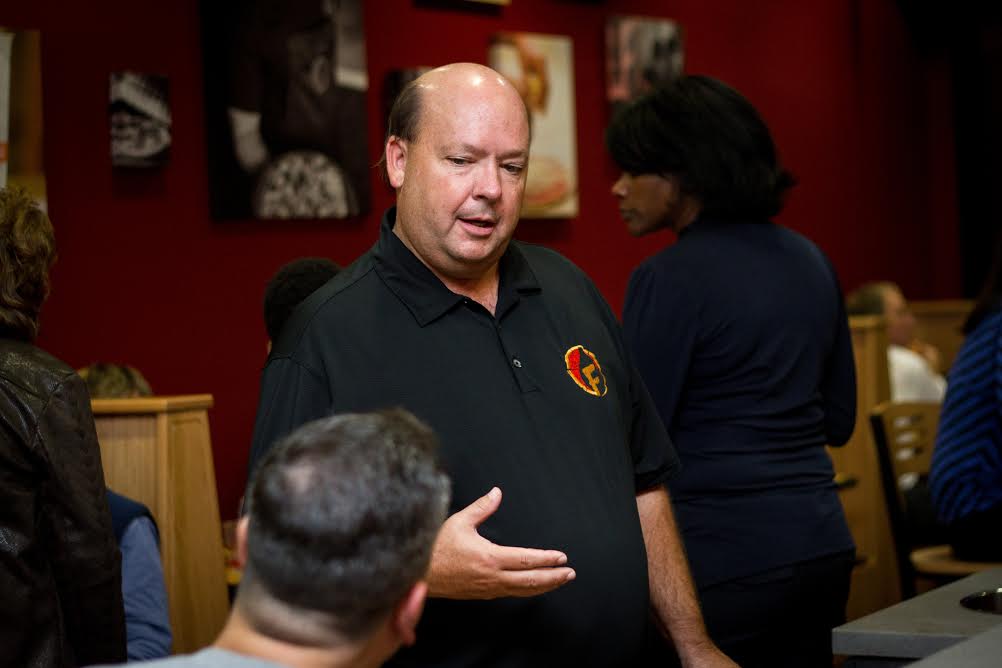Many a busy restaurant operator looks forward to that long-awaited day when he or she can retire from the fun yet fast-paced and often grueling life of foodservice. Dave Wood was one such person; he had been a Domino’s franchisee with 17 stores in northern Virginia for about three decades.
Wood retired to Sarasota, Florida, ready for golf and a more relaxed lifestyle. But very quickly, he grew restless.
“It wasn’t long after I moved here that I realized I missed having something to completely focus on business-wise. I wasn’t ready to kick back and retire,” Wood says. “You can only play so much golf.”
And then Wood caught wind of the burgeoning fast-casual pizza scene. Being a career-long pizza purveyor, he knew a thing or two about what goes into the business, but he also liked the fresh approach of fast casual in which customers created their own pizza and often dined in.
He considered becoming a franchisee again, but no brand measured up to his standards for such a concept.
“I couldn’t find one that I felt had all the elements together: the design, the operations, and the quality of food,” Wood says. “Since we couldn’t find it, we decided to create it ourselves.”
And so, Wood founded Firenza in Northern Virginia, where he still has industry contacts. Today the brand has some 40 stores across the country that are either open or in development.
Wood was still at Domino’s when the brand underwent its two-year reinvention, led by then CMO, now CEO Russell Weiner. On the consumer side, the rebrand was a mea culpa with a subsequent recommitment to improving the quality of Domino’s pizza. Wood says this was more of a brilliant marketing technique than a massive recipe overhaul, but that emphasis on quality did influence Firenza from the start.
“One of our edge factors is our emphasis on quality; we will only hand-toss our dough, and I think that’s a big difference. If you look into the fast-casual pizza category, to me, way too many chains are using tortilla presses to make dough,” Wood says.
Those high standards also apply to its franchisees in which their qualifications carries more weight than geographic location. Beyond Northern Virginia, Firenza has stores or signed deals in North Carolina, California, Florida, Texas, and Wisconsin. “We’re not just looking to sell franchises to anyone that comes to us and asks for one. We’re being very selective,” he adds.
Wood has the unique advantage of being on both sides of the franchisee-franchisor relationship. He says that no matter which side of the equation someone is on there is often a sense that the other side is doing too much or too little. The role of the franchisor, he adds, is to ensure that the established systems yield consistency across all locations.
As for his personal preference, Wood sees perks to both sides: For franchisees, it’s camaraderie, and for franchisors, it’s freedom.
“If I traveled anywhere in the country, if I needed something I could go find the owner of the local Domino’s and he or she would help me out. That family of franchisees is probably the part about being a franchisee I miss the most,” he says. “The best part of being the founder and CEO and the franchisor is that even though it’s a teamwork thing, we don’t have limitations set on us by somebody else. If myself and my team decide we want to try something, we can do it.”
By Nicole Duncan








